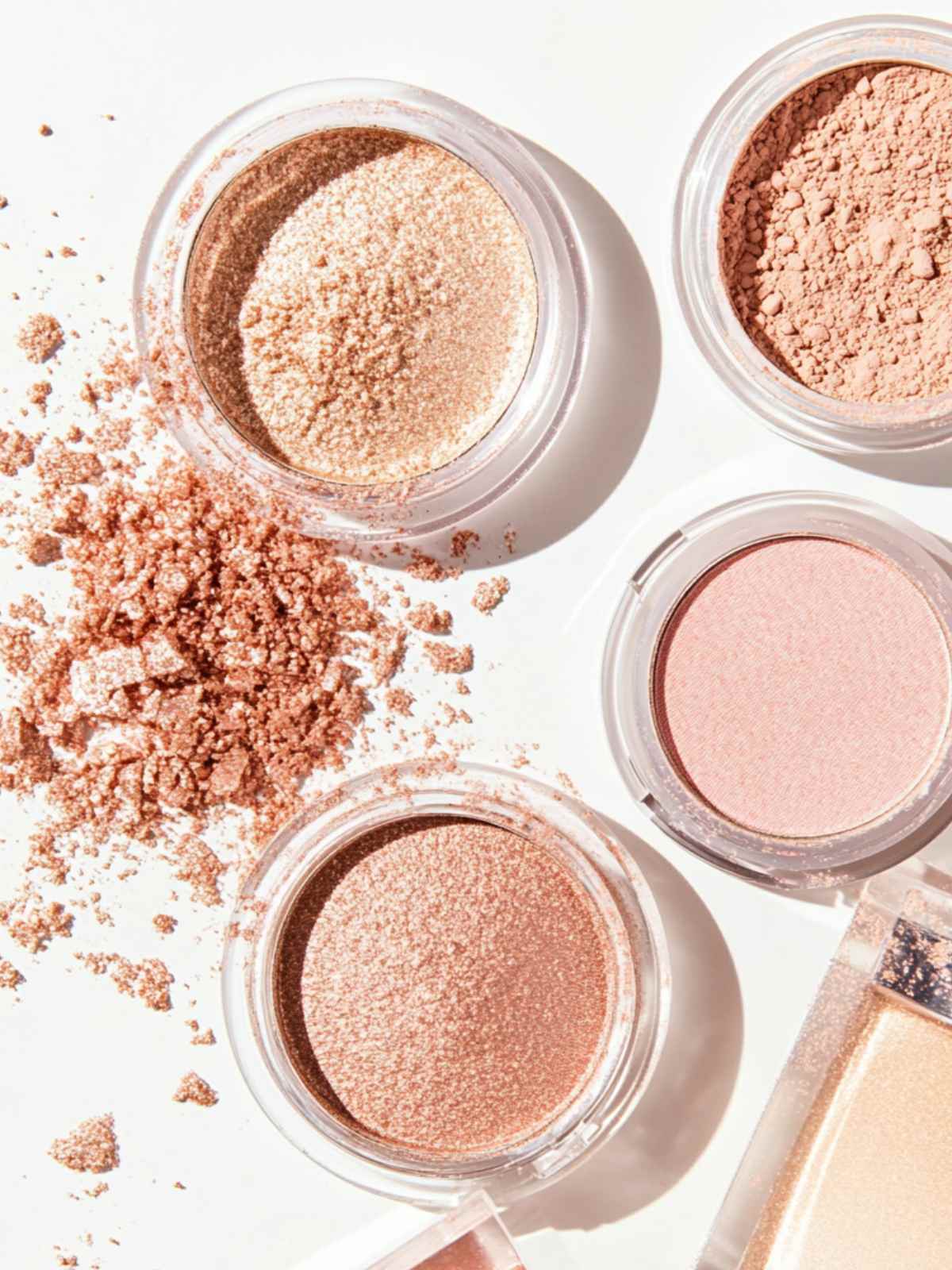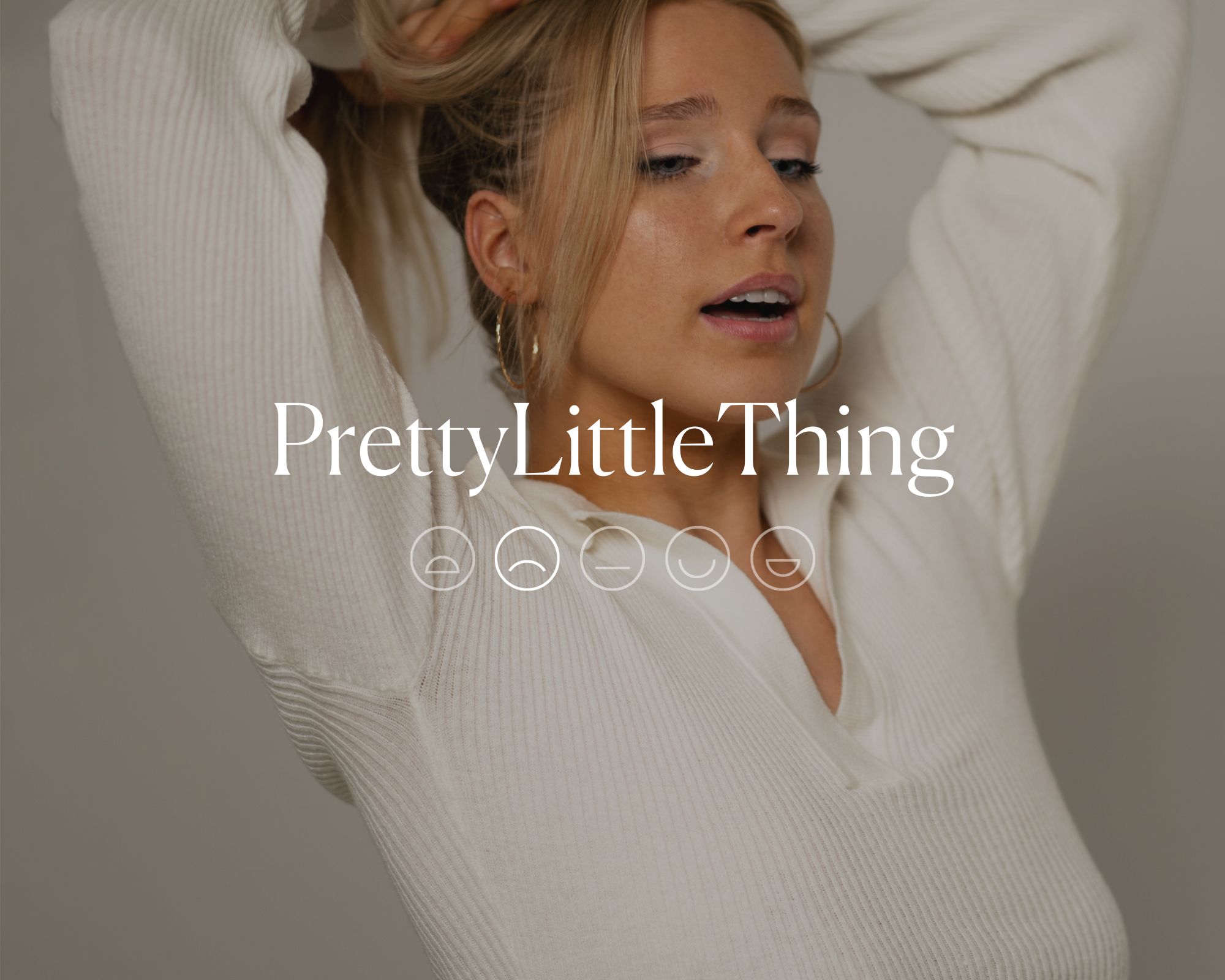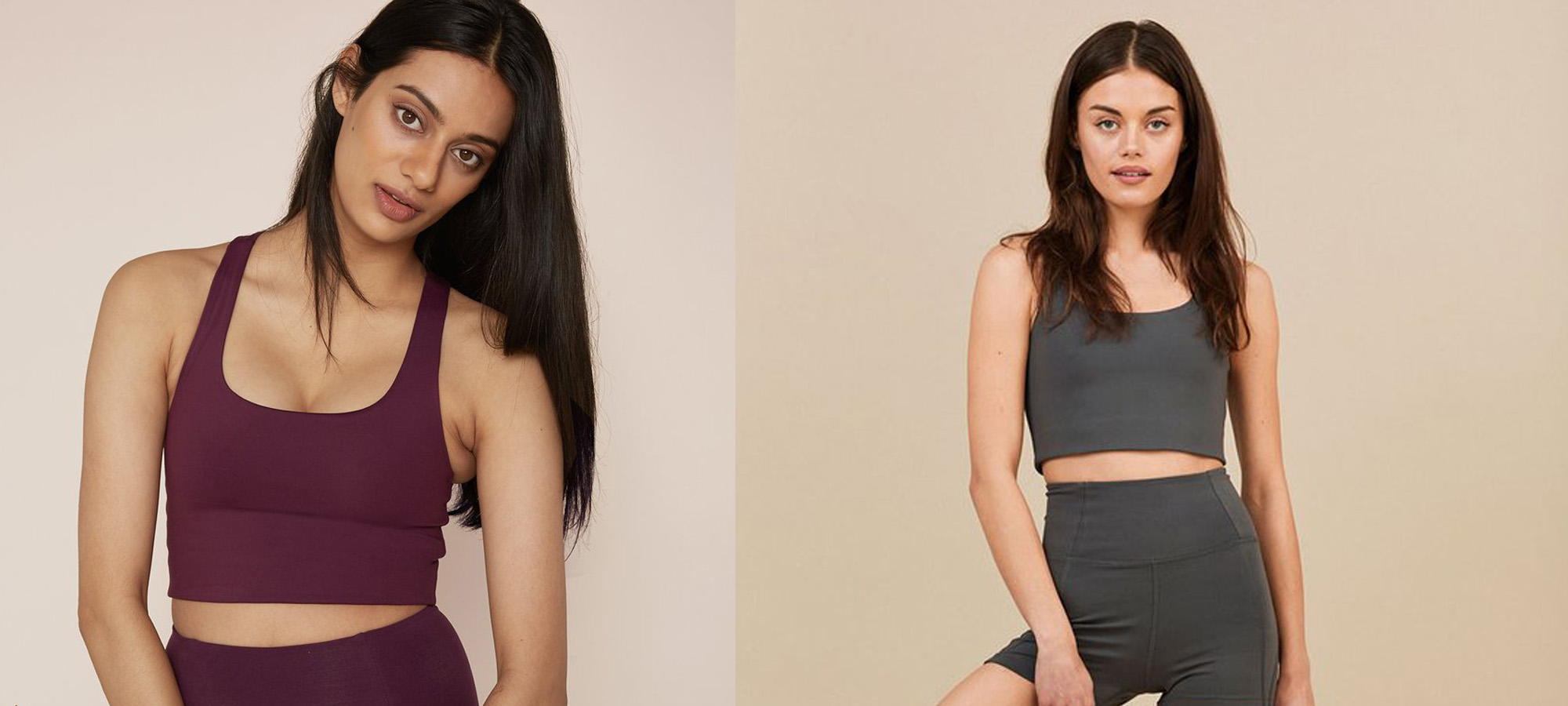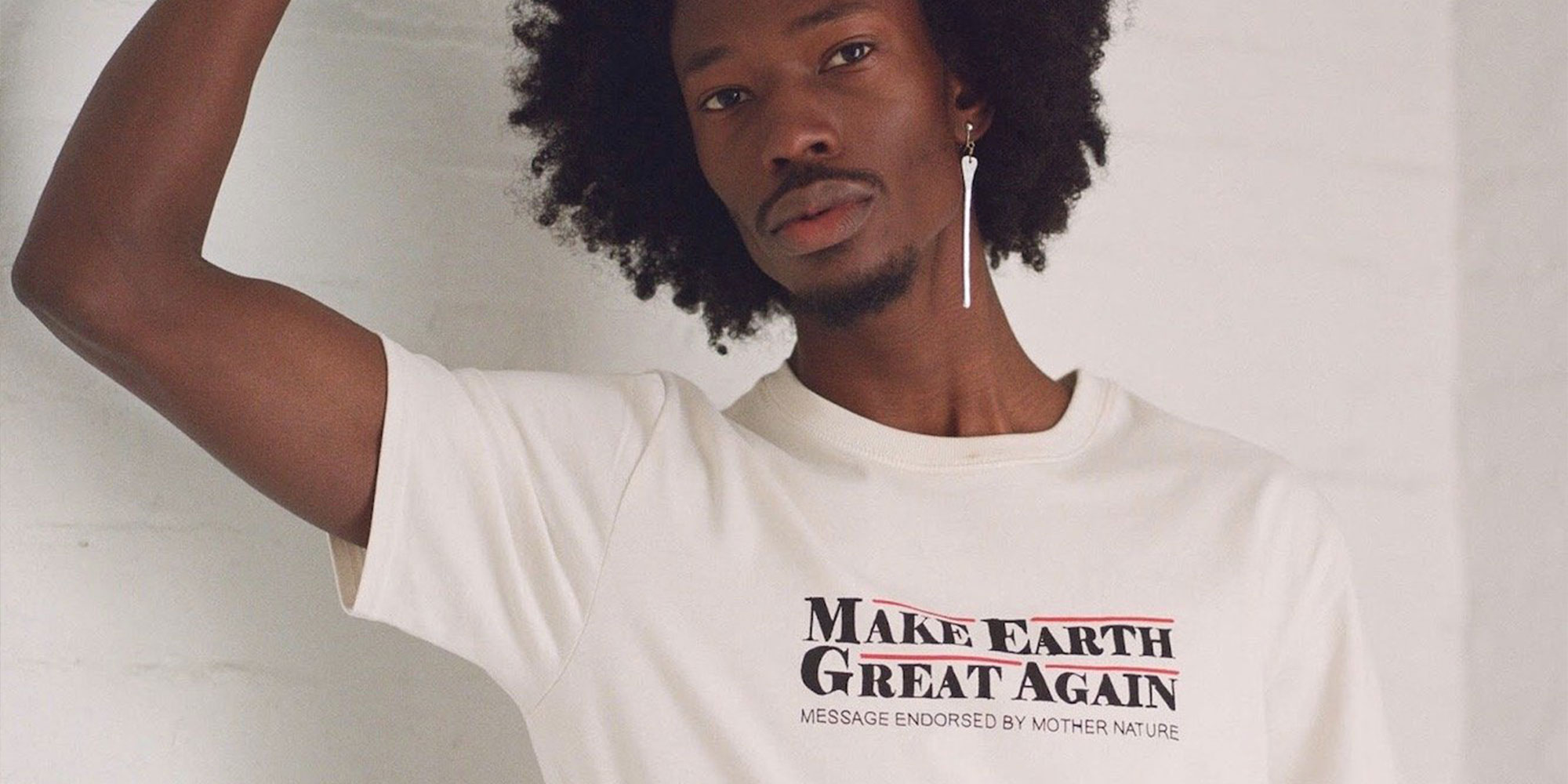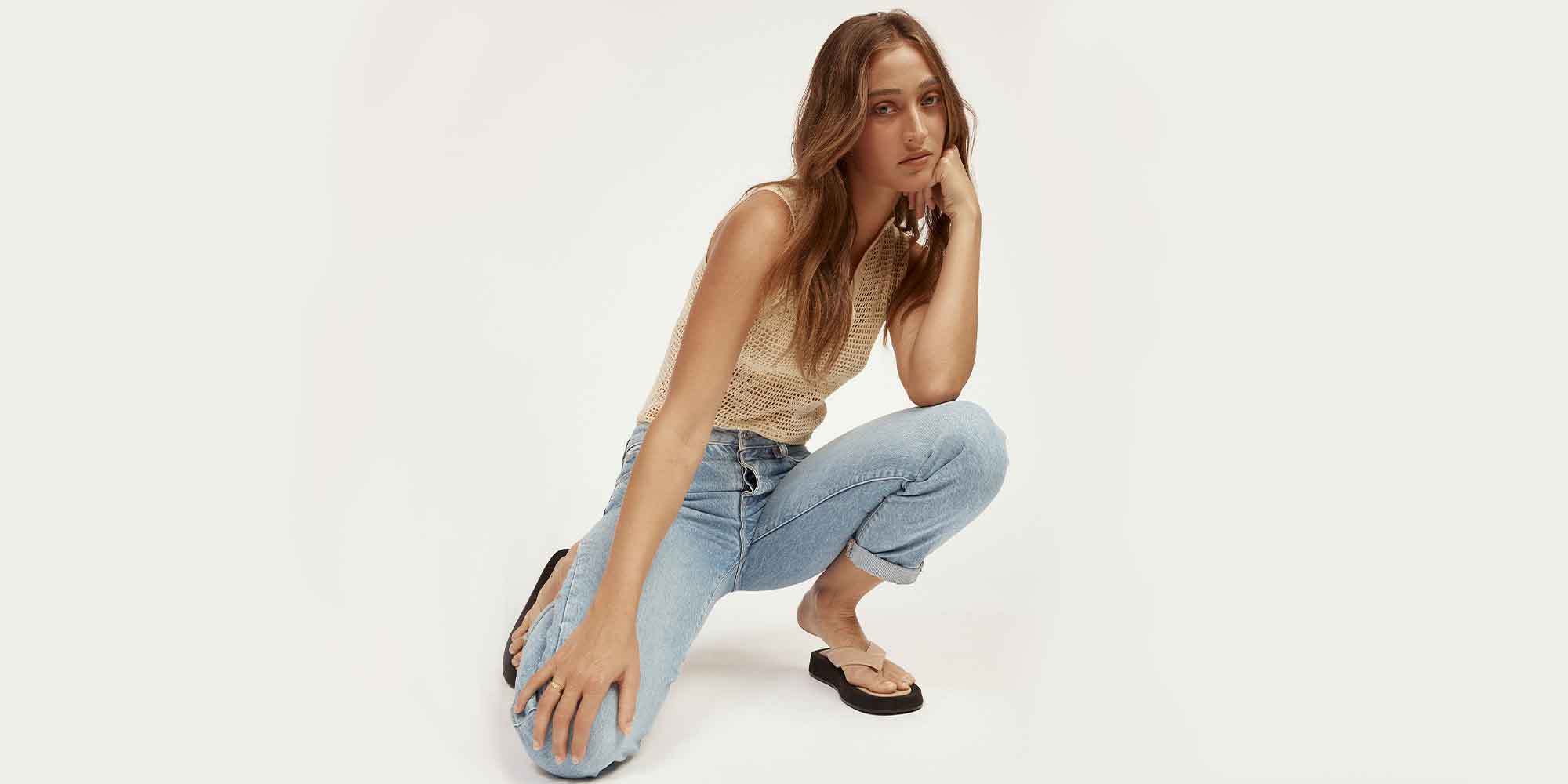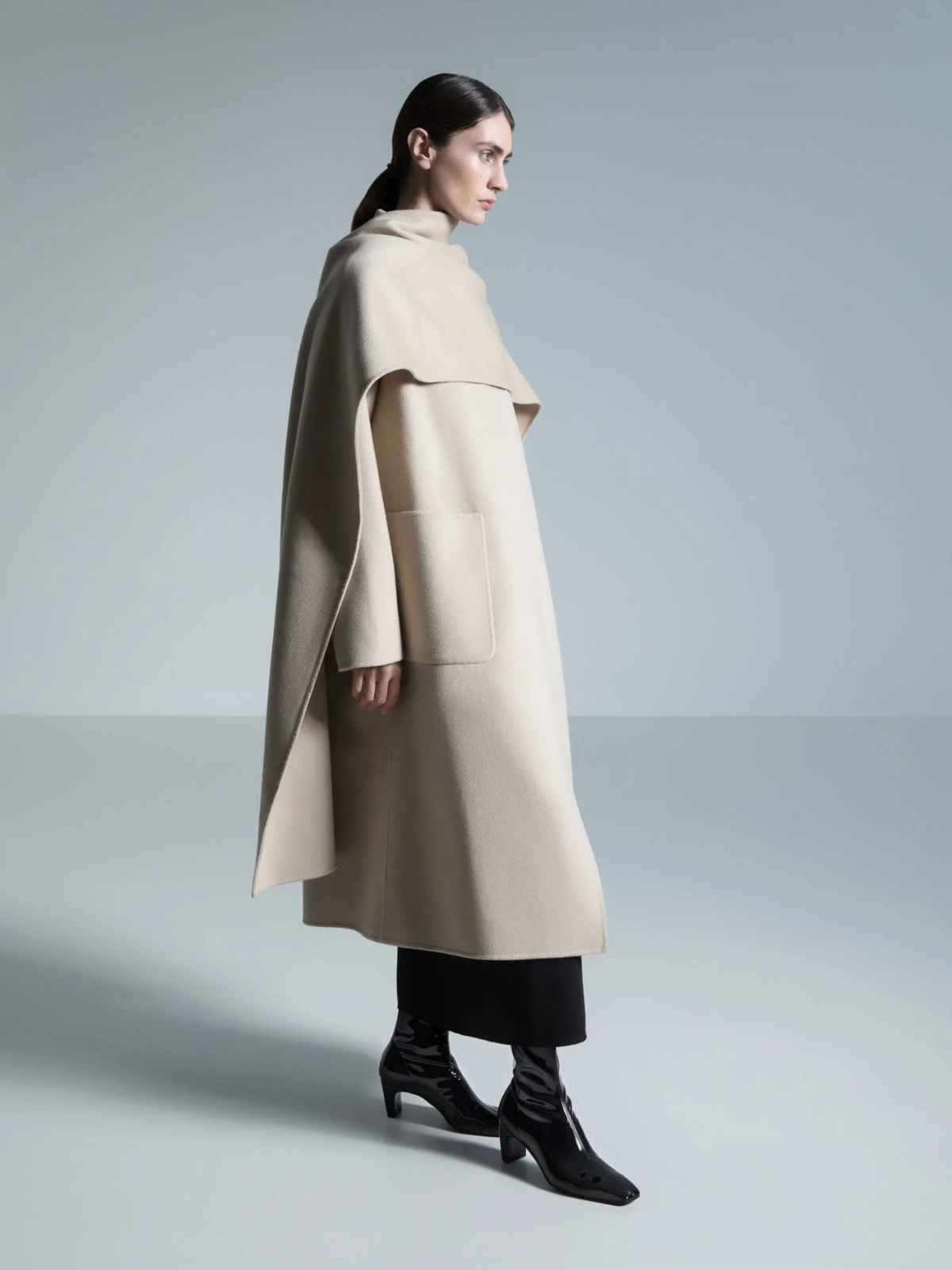Our editors curate highly rated brands that are first assessed by our rigorous ratings system. Buying through our links may earn us a commission—supporting the work we do. Learn more.
It may be pretty on the surface, but things get a little murky as you go down the supply chain. PrettyLittleThing is “Not Good Enough” due to its lack of positive action for people, the planet, and animals. This article is based on the PrettyLittleThing rating published in October 2022 and may not reflect claims the brand has made since then. Our ratings analysts are constantly rerating the thousands of brands you can check on our directory.
Not so pretty underneath
On the surface, Boohoo-owned PrettyLittleThing appears—well, pretty. Its Instagram account, boasting over 18m followers, is full of diverse, happy-looking women sporting colourful and trendy clothes. The brand, founded in the UK in 2012 as a small accessories-only company, has since grown to one of the largest fast fashion retailers. It is a go-to option for size inclusivity, featuring extensive plus, tall, and petite ranges. But we know by now that rapid production at low prices is a classically unsustainable business model, so let’s dig a little deeper and see if the “pretty” continues below the surface for workers, animals, and the environment. How ethical is PrettyLittleThing?
Celebrity collab backlash
In July 2023, fashion model Naomi Campbell faced backlash from fans over her collaboration announcement with PrettyLittleThing. With a history of modelling for high fashion labels from Prada to Yves Saint Laurent and Burberry, the public was “shocked and disappointed” over her decision to work with the fast fashion brand to design a new collection. PLT is one of many fast fashion brands that rely on celebrity and influencer collabs to boost their image, a clever marketing tactic that “encourages micro-trends and allows brands to reach consumers at all times of the day, wherever they are,” explains Amy Reid for Varsity. In a world facing an impending climate crisis, the folks consumers look up to should be discouraging overconsumption and promoting a slower pace in fashion and beyond, but that is sadly still far from the reality in most cases.
Environmental impact
Off the bat, PrettyLittleThing’s environment rating is “Not Good Enough”. It doesn’t use lower-impact materials materials, instead opting for planet-damaging polyester in most of its lineup. There is no evidence it has taken meaningful action to reduce or eliminate hazardous chemicals, nor does it implement any water or waste reduction initiatives. While it has set a science-based target to reduce greenhouse gas emissions generated from its own operations and supply chain, there is no evidence it is on track to meet its target. PrettyLittleThing also follows the take-make-waste model of fast fashion brands, selling hundreds of styles that end up in landfill after just a few wears. There is a long way to go before this brand could be considered good for the planet.
Labour conditions
For a brand promoting such happy people in its advertising, scoring such a low labour rating of “Not Good Enough” is an even bigger disappointment for PrettyLittleThing. Little of its supply chain is certified by labour standards which ensure worker health and safety or other labour rights, and it received a score of 21-30% in the Fashion Transparency Index, which is slightly up on its last score but still lagging behind many. There is no evidence it implements practices to encourage diversity and inclusion in its direct operations or supply chain, nor did it disclose adequate policies or safeguards to protect suppliers and workers in its supply chain from the impacts of COVID-19 at the height of the pandemic. Worst of all, PLT does not appear to pay a living wage. While PLT ambassadors may seem happy, the same can’t be said for workers in the supply chain.
Animal welfare
In a not-so-shocking turn of events, PrettyLittleThing is also rated “Not Good Enough” for our animal friends. While it doesn’t use fur, angora, or exotic animal skin or hair, it does use leather, wool, and down without stating sources. There is no evidence it has a policy to minimise the suffering of animals, nor that it traces any animal products to the first stage of production, so there is no way to guarantee the welfare of any animals along the supply chain.
Overall rating: Not Good Enough
So, how ethical is PrettyLittleThing? Based on our own research, we gave PrettyLittleThing our second-lowest overall rating of “Not Good Enough”. While this is a slight improvement on its previous “We Avoid” rating, it’s still a fast fashion brand worth avoiding. The brand has to turn its act around for people, the planet, and animals before any part of its behind-the-scenes can be considered “pretty”. By being more transparent about its practices and making crucial improvements to everything from worker wages to materials, PLT could see its score increase.
Note that Good On You ratings consider hundreds of issues, and it is not possible to list every relevant issue in a summary of the brand’s performance. For more information, see our How We Rate page and our FAQs.
We know that size inclusivity is one of the most significant barriers for people trying to shop more responsibly, and there is no shame in shopping for brands that are making a start if they best suit your needs. Fortunately, there are tons of size-inclusive alternatives to PrettyLittleThing out there to help you slow your consumption down and invest in quality pieces that will stand the test of time. Here are a few of our faves.
Good swaps
“Good” and “Great” alternatives to PrettyLittleThing

